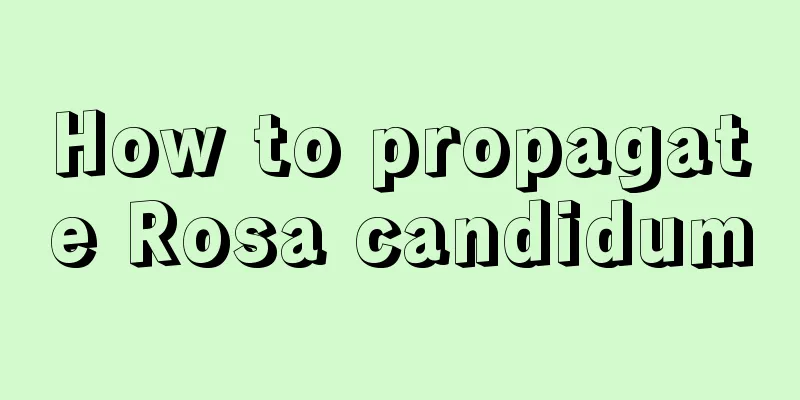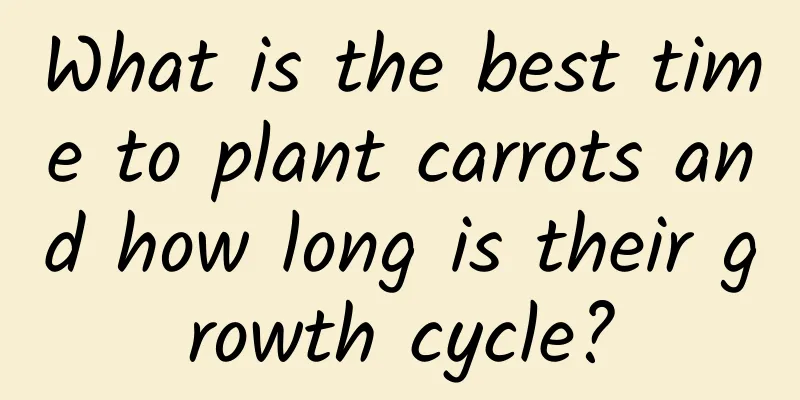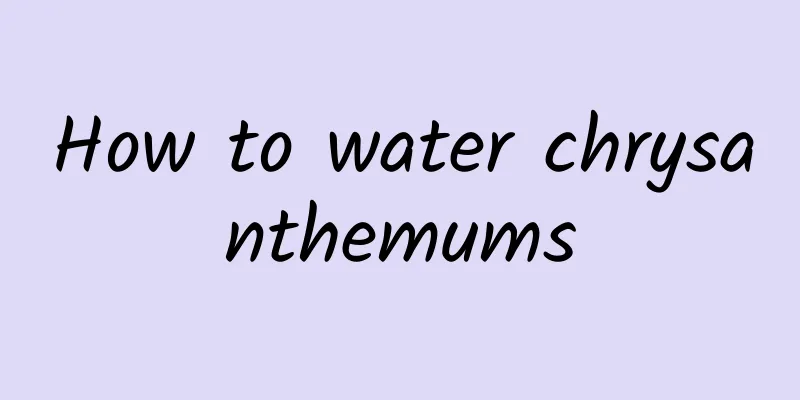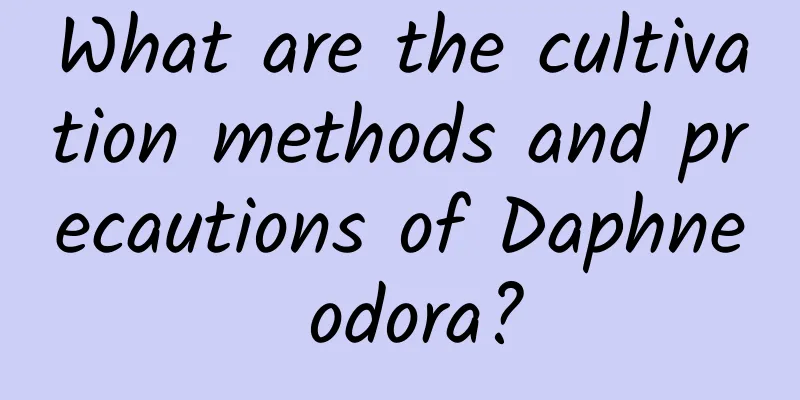What's the matter with the golden edges on cucumber leaves?
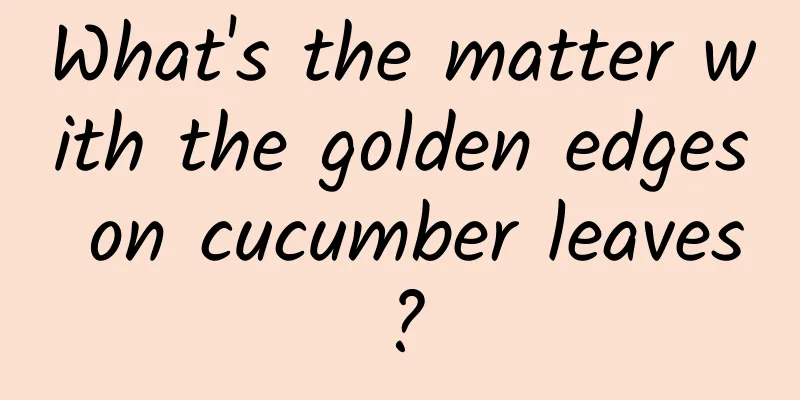
|
The "golden edge" of cucumber leaves means that the edges of the cucumber leaves turn yellow, but the central tissue of the leaves is not necrotic. This is a typical physiological disease . The reasons why cucumbers become "golden-edged" cannot be generalized. The different growth locations of the diseased leaves hide different causes of the disease. 1. Potassium deficiency or excessIf the lower and middle leaves of the cucumber have "golden edges", it is mostly a sign of potassium deficiency or excess potassium. Cucumbers like water and fertilizer, so farmers generally pay attention to the supplementation of nitrogen, phosphorus and potassium fertilizers. Some people buy some unqualified fertilizers for cheap prices, which leads to potassium deficiency in cucumbers. If potassium fertilizer is applied excessively, the excess potassium will also cause the middle and lower leaves to have golden edges. 2. Excessive soil salt concentrationExcessive fertilization in the soil and high salt concentration affect root absorption, resulting in a phenomenon similar to "seedling burn". At the same time, the absorption of trace elements such as calcium, boron, and iron is impaired, and the leaves appear to have golden edges. For this reason, the disease mainly occurs on the middle and lower leaves in the early stage, and the golden edge phenomenon can also be observed on the middle and upper leaves in the later stage. 3. Calcium deficiency causesCalcium deficiency can cause the upper tender leaves of cucumbers to have golden edges. In addition to calcium deficiency in the soil, calcium deficiency may also be caused by excessive potassium inhibiting calcium absorption, or low temperature environment causing a decrease in root absorption capacity. Cucumber Leaf Golden Edge RemediesMelon farmers should judge the cause of the disease based on their fertilizer use history and the specific symptoms of golden edges on leaves, and then take targeted measures. 1. For golden edge caused by potassium deficiency, you can directly apply high-potassium water-soluble fertilizer or drip irrigation, but not excessively, so as not to inhibit the absorption of calcium, boron, iron and other elements. Generally speaking, during the peak fruit-bearing period of cucumbers, 15-20kg of high-potassium water-soluble fertilizer with a nitrogen, phosphorus and potassium ratio of 15-5-30 or 12-8-40 can be applied per acre of land, once every 15 days or so; the amount of drip irrigation is halved, but the interval is changed to once every 7 days. 2. If the soil salt concentration is too high, it is recommended to flood the soil once, only to allow the water to seep in and bring the excess salt deep into the soil . Fertilizer can be added after 7 days, and the fertilization method is the same as above. 3. Cucumbers with golden edges due to calcium deficiency should be sprayed with calcium-containing foliar fertilizer to quickly replenish calcium. |
Recommend
Purple crocus pest control
Corruption Spoilage usually occurs during the ger...
Who should eat Dendrobium and how to eat it
1. Who is it suitable for? 1. People with poor im...
How to grow ping pong chrysanthemum
1. Breeding environment 1. Soil: Ping pong chrysa...
How to prune the roots of Lithops
1. Root repair is required The newly bought litho...
How to wash strawberries cleanly? Can they be stored in the refrigerator?
1. How to clean 1. Do not remove the strawberry s...
Can rock sugar be used to make rooting water (how to make rooting agent with rock sugar water)
Can rock sugar be used as a rooting agent? Rock s...
These flowers we raise are everywhere in the countryside, and they can save lives at critical moments.
Creeping sedge The creeping grass is a perennial ...
Rhododendron growth environment conditions and characteristics
Rhododendron growth environment conditions and re...
Cultivation methods and precautions of Trichosanthes kirilowii
1. Maintenance methods 1. Soil: Trichosanthes kir...
Does the fortune tree like water?
1. Do you like water? The money tree likes water....
How to grow dragon fruit at home? At what temperature will it freeze?
1. Domestication skills 1. Flower pot: It is a sh...
How to care for the newly bought fortune tree seedlings
1. Choose potting soil The newly purchased money ...
Reasons and solutions for Milan's leaf shedding
Milan , also known as Milan, is favored by flower...
The efficacy and function of castor
1. Laxative Castor oil can relieve symptoms such ...
How to grow daffodils so that they bloom
Daffodil blossoms Daffodils are different from ot...

